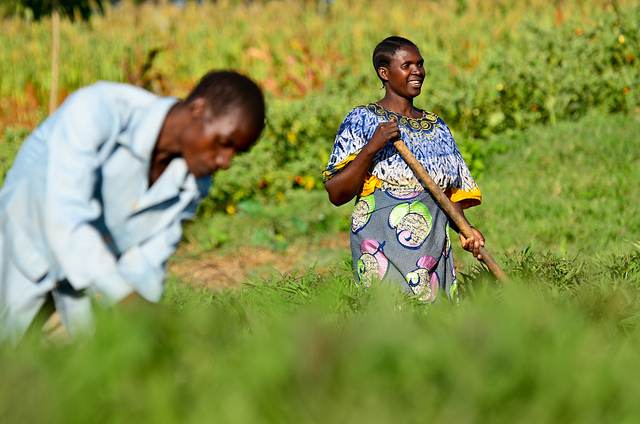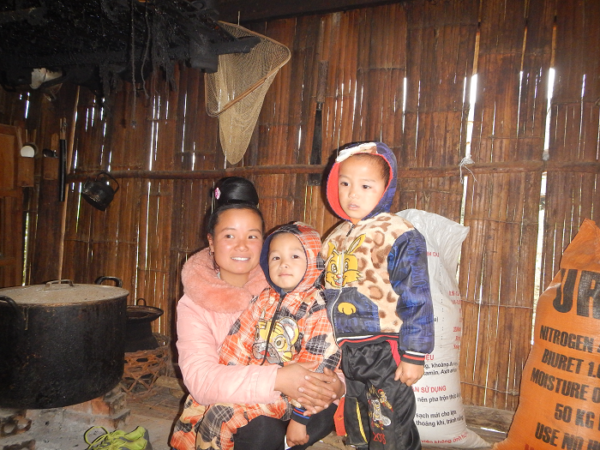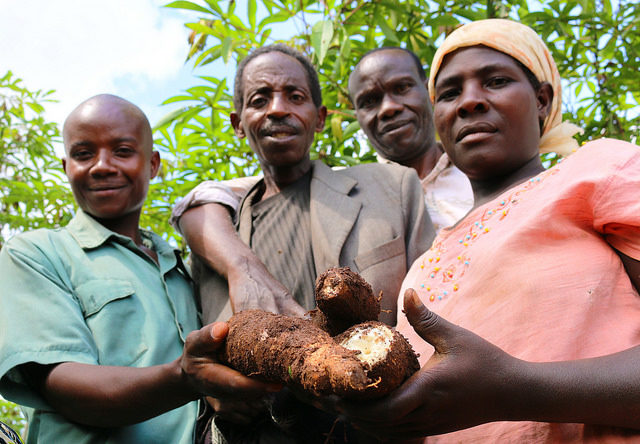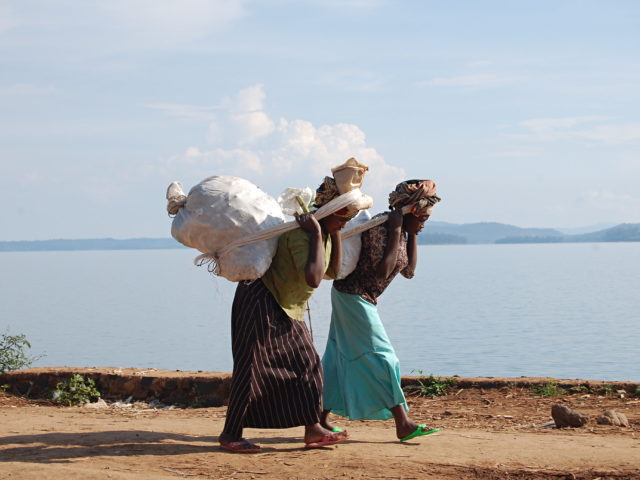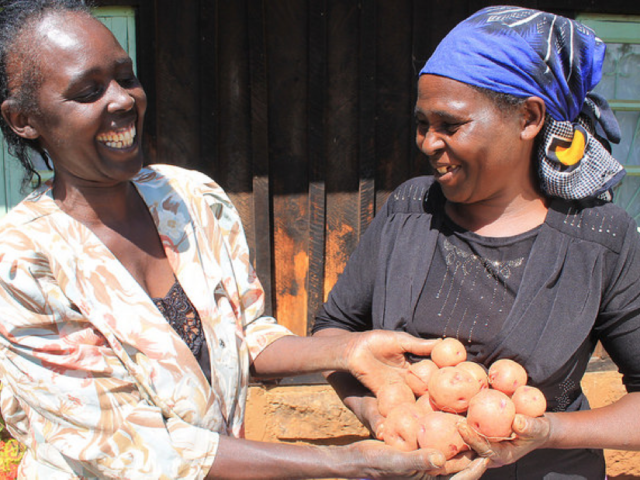Through the global study ‘GENNOVATE: Enabling gender equality in agricultural and environmental innovation’, roughly 6,000 rural study participants of different ages and socio-economic backgrounds are reflecting on and comparing local women’s and men’s expected roles and behaviors — or gender norms— and how these social rules affect their ability to access, adopt, adapt and benefit from innovations in agricultural and natural resource management (NRM).
Central to the qualitative field study is an exploration of women’s and men’s agency – understood as “the ability to define one’s goals and act upon them” (Kabeer 1999, 438) – at the core of which is the capacity to make important decisions pertaining to one’s life. For rural women and men, these decisions relate to agriculture and NRM, as well as to other significant events in the private (household) and public (community) spheres. Such instances include, for instance, whether or not to pursue a given livelihood strategy or whether, with whom and when to start a family.
Among the Thai in Northwest Vietnam, “Men are the pillar of the family” is a common refrain. In the course of the GENNOVATE data collection, women and men from different age and socio-economic groups explained that Thai men are the ultimate decision-makers when it comes to important household decisions. Yet, unpacking how decision-making processes transpire showed a more nuanced picture, as women’s input into men’s decisions came to the fore. Both women and men described women’s at times successful attempts to persuade their husband to follow a particular course of action as well as the role of other household members in influencing decision-making instances. Yet, within that space for negotiation, it remained that when there is contestation, men will likely have the final say.
As a middle-aged woman explained in a focus group context, deciding how to spend her own inheritance “would not be difficult if I know how to persuade [my husband].” Likewise, a middle-income man described how, with respect to sales of home garden products, “Both the husband and wife will discuss with each other to come to an agreement. If both the husband and wife cannot come to an agreement, the husband will be the one who makes the final decisions and the wife has to follow his decision.” Another male focus group member later added, about how decisions should be made to spend a man’s own inheritance, “If my wife does not agree and I still do it anyway, both will have conflicts.”
Similar results in other case study sites suggest that decision-making processes may not be as clear cut as frequently described in the literature on gender and agriculture. A global analysis of the data will yield further insight into this critical dimension of social organisation and gender equality, and into whether or how this process plays out in different cultural contexts. More importantly, understanding how gendered decision-making processes occur will help to identify spaces wherein women can be supported to gain agency with respect to agriculture, NRM and in other significant areas of life; and where transformation towards more gender-equitable societies can occur.
‘GENNOVATE: Enabling gender equality in agricultural and environmental innovation’ is a cross-CRP, global comparative research initiative which addresses the question of how gender norms and agency influence men, women and youth to adopt innovation in agriculture and natural resource management.
The CGIAR Research Program on Roots, Tubers and Bananas is one of 11 CGIAR Research Programs participating in GENNOVATE, and is making significant contributions to gathering and analyzing qualitative research, particularly in relation to root, tuber and banana crops.
Read the original post, written by Marlène Elias, Gender Specialist at Bioversity International on the CGIAR Gender website.
